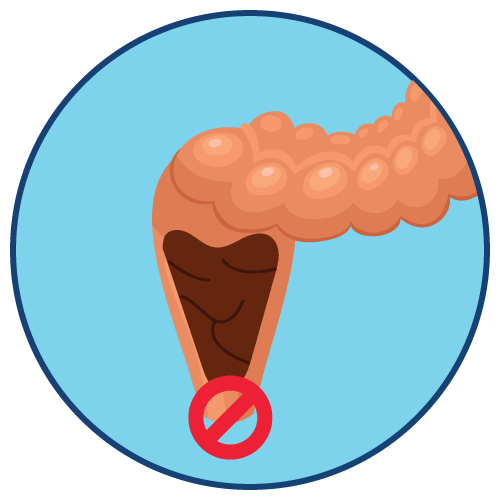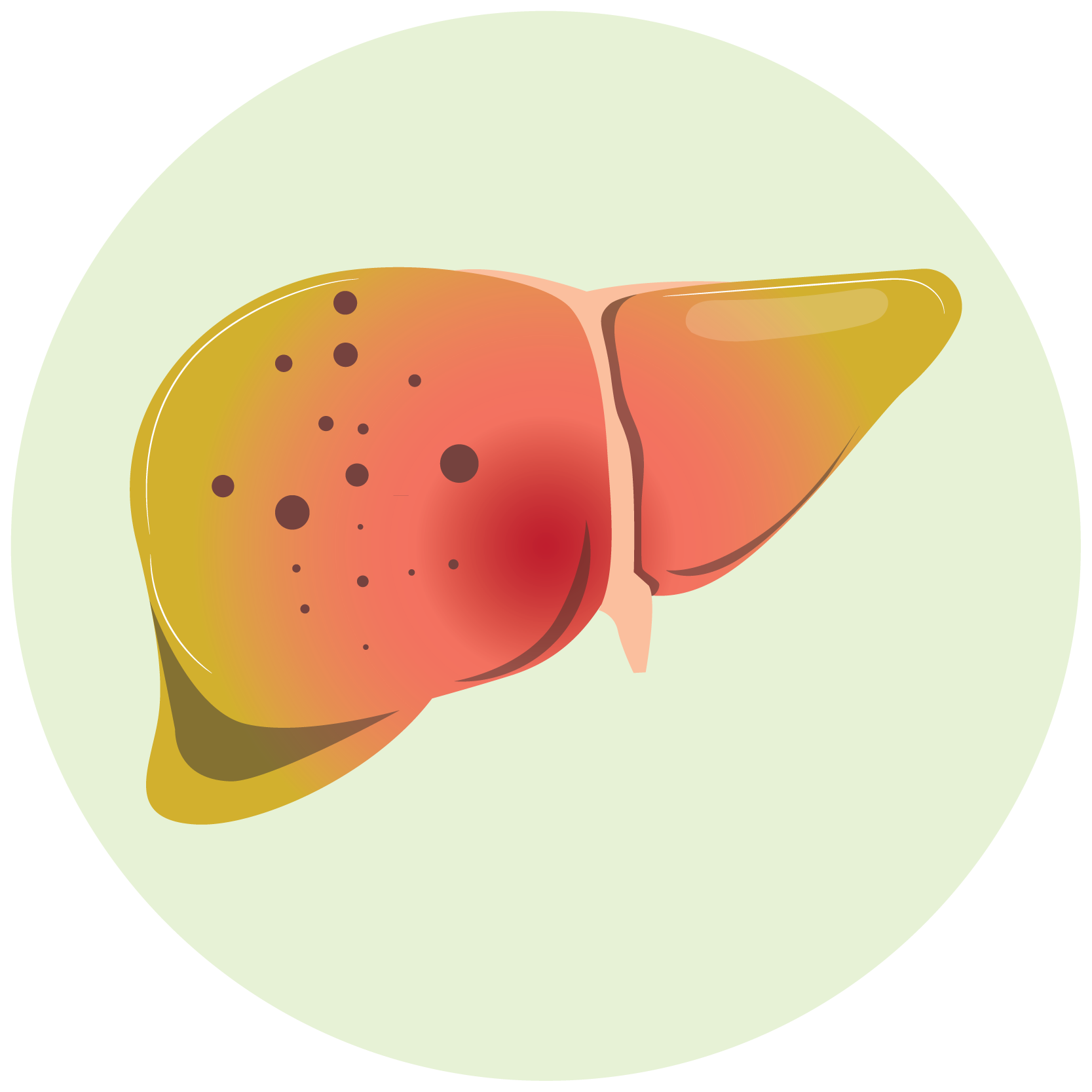| Name | Ranolazine |
| Classes |
Cardiovascular Agent Vasodilator Antianginal Agent |
| Diseases |
Angina Cardiovascular Disease |
Ranolazine
Ranolazine is a medication used to treat chronic angina (chest pain) in adults. It works by decreasing the amount of energy needed by the heart to pump blood, which helps to reduce chest pain and improve exercise tolerance. Ranolazine is available in tablet form and is taken twice a day with or without food.
- Ranolazine is indicated for the treatment of chronic angina (chest pain) in adults.
- Ranolazine is used in combination with other medications to reduce the frequency and severity of angina attacks.
- The recommended starting dose of Ranolazine is 500 mg twice daily.
- The dosage may be increased to a maximum of 1000 mg twice daily if needed.
- Ranolazine should be taken with or without food.
- Ranolazine should be used in combination with other medications to manage chronic angina.
The most common side effects of Ranolazine are-
- nausea
- headache
- constipation
- dizziness
- diarrhea
Other side effects may include fatigue, chest pain, and low blood pressure. Rarely, more serious side effects such as anemia, liver damage, and heart rhythm abnormalities may occur. It is important to inform your healthcare provider if you experience any unusual symptoms while taking Ranolazine.
- Ranolazine should be used with caution in patients with moderate to severe liver disease.
- Ranolazine may interact with other medications, so it is important to inform your healthcare provider of all medications you are currently taking.
- Ranolazine may cause a reduction in heart rate, so it should be used with caution in patients with heart disease or a history of heart disease.
- Ranolazine should be used with caution in patients with a history of fainting or dizziness.
- Ranolazine should be used with caution in patients with a history of pulmonary disease.
- Ranolazine may cause QT prolongation, which can lead to a rare but serious condition called torsade de pointes.
- Ranolazine may cause fainting, dizziness, or lightheadedness, especially when you first start taking it.
- Ranolazine may cause a reduction in heart rate.
- Ranolazine may cause a slight increase in the risk of death in patients with chronic angina who are at high risk of heart attack or death.
Contraindication
- Ranolazine is contraindicated in patients who are taking certain medications, such as certain antiarrhythmics and other QT-prolonging drugs such as-
- Ranolazine is contraindicated in patients with a known hypersensitivity to the drug.
None known.
 Bangla
Bangla English
English




